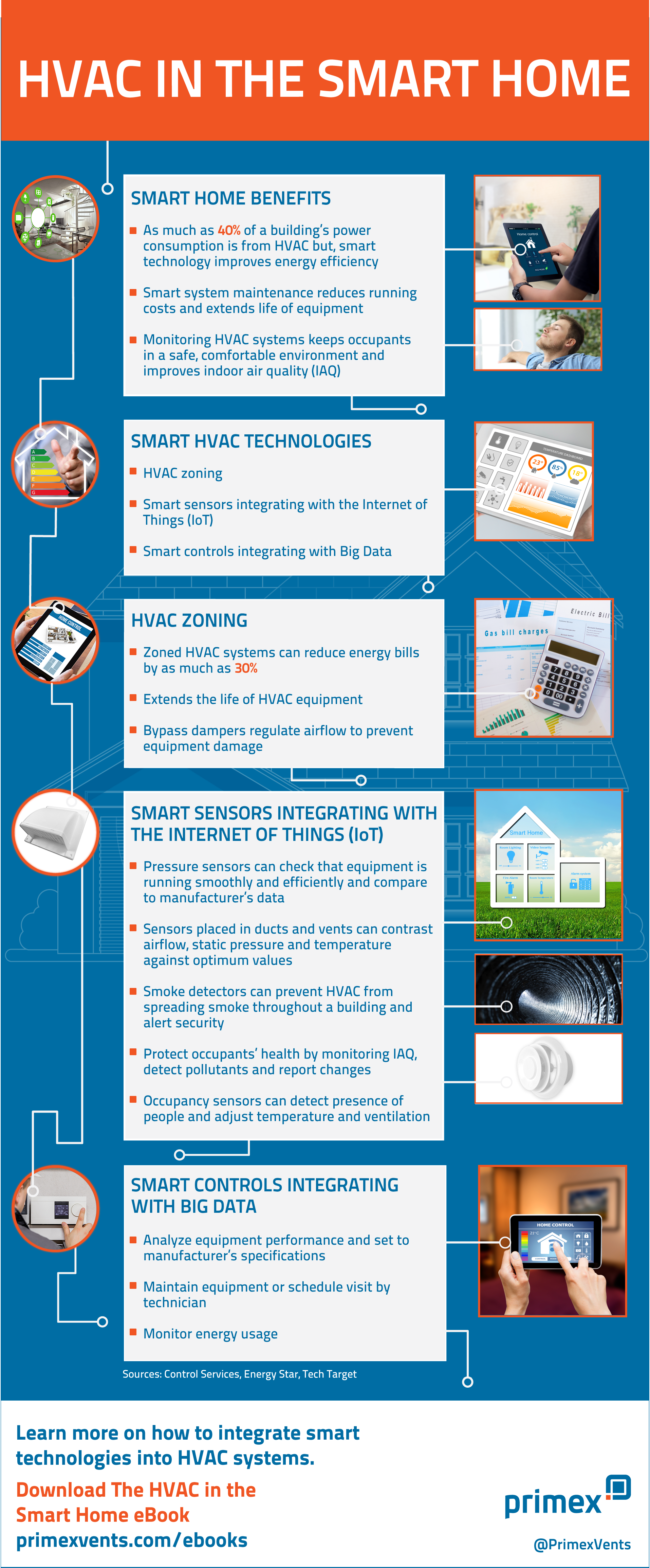The Future Of Home Home Heating - Exactly How Heat Pump Modern Technology Is Progressing
The Future Of Home Home Heating - Exactly How Heat Pump Modern Technology Is Progressing
Blog Article
Post Created By-Rosenthal MacGregor
Heat pumps will certainly be a crucial innovation for decarbonising home heating. In a circumstance constant with federal governments' introduced energy and environment dedications, their international capacity doubles by 2030, while their share in heating rises to one-quarter.
They function best in well-insulated homes and rely upon power, which can be supplied from a sustainable power grid. dc heat pump services are making them more reliable, smarter and less costly.
Gas Cells
Heatpump use a compressor, refrigerant, coils and fans to move the air and warm in homes and devices. They can be powered by solar power or electricity from the grid. They have actually been acquiring popularity due to their low cost, peaceful procedure and the ability to create electrical energy during peak power demand.
Some firms, like IdaTech and BG MicroGen, are working with gas cells for home heating. These microgenerators can replace a gas boiler and produce several of a residence's electrical demands with a connection to the electricity grid for the remainder.
However there are reasons to be cynical of using hydrogen for home heating, Rosenow says. It would be pricey and inefficient compared to various other modern technologies, and it would certainly add to carbon discharges.
Smart and Connected Technologies
Smart home modern technology allows house owners to connect and control their tools from another location with using smart device apps. For instance, wise thermostats can discover your heating preferences and automatically adjust to optimize energy usage. Smart lights systems can be regulated with voice commands and automatically switch off lights when you leave the area, minimizing energy waste. And wise plugs can check and manage your electrical use, allowing you to determine and limit energy-hungry appliances.
The tech-savvy family illustrated in Carina's meeting is a great picture of just how passengers reconfigure space heating practices in the light of brand-new smart home technologies. They count on the devices' computerized attributes to execute day-to-day modifications and concern them as a practical methods of performing their home heating techniques. Thus, they see no factor to adjust their practices further in order to enable flexibility in their home power need, and interventions aiming at doing so might deal with resistance from these houses.
Electrical power
Considering that heating homes make up 13% people exhausts, a button to cleaner options can make a big difference. However the innovation deals with difficulties: It's pricey and calls for substantial home remodellings. And it's not constantly suitable with renewable resource sources, such as solar and wind.
Until recently, electric heat pumps were too pricey to take on gas designs in most markets. But new technologies in design and products are making them a lot more budget friendly. And far better chilly climate efficiency is enabling them to work well even in subzero temperatures.
look at this web-site in decarbonising heating might be making use of warmth networks, which draw warmth from a central resource, such as a nearby river or sea inlet, and distribute it to a network of homes or structures. That would minimize carbon discharges and allow houses to capitalize on renewable energy, such as environment-friendly electricity from a grid supplied by renewables. why not try this out would be less expensive than changing to hydrogen, a nonrenewable fuel source that requires new framework and would only decrease CO2 discharges by 5 percent if paired with enhanced home insulation.
Renewable resource
As electricity rates drop, we're beginning to see the same pattern in home heating that has actually driven electrical cars and trucks into the mainstream-- yet at an also quicker pace. The strong environment instance for electrifying homes has actually been pushed better by new research.
Renewables account for a considerable share of contemporary warmth intake, however have actually been given minimal policy interest globally compared to various other end-use fields-- and even much less attention than electrical energy has. In part, this shows a mix of customer inertia, divided incentives and, in lots of countries, aids for nonrenewable fuel sources.
New innovations might make the change much easier. For instance, heat pumps can be made much more energy reliable by changing old R-22 cooling agents with new ones that don't have the high GWPs of their predecessors. Some experts also visualize district systems that draw heat from a neighboring river or sea inlet, like a Norwegian arm. The cozy water can after that be made use of for heating & cooling in a community.